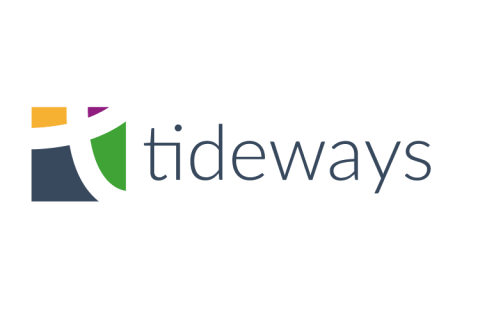Systems | Development | Analytics | API | Testing
%term
Josh's Five Favourite Things 2019
[Webinar] Refine your CI/CD Pipeline with Automated Testing
Is analytics going back to the future?
The biggest takeaway from Gartner’s Magic Quadrant (the MQ) this year for me is that organizations, analysts, and vendors now realize that analytics is not linear. While many businesses are looking to artificial intelligence and augmented analytics, these don’t replace other types of analytics. There’s very little point in delivering sophisticated advanced automated analytics if you haven’t got your ‘bread and butter’ reporting and governance working.
Is analytics going back to the future?
The Connected Car powered by Cloudera
Join our New Kong Champions Program!
Today, we’re excited to launch the Kong Champions Program, a new program that recognizes Kong’s “super” users and contributors – community members who go above and beyond in supporting Kong’s open source product – and gives them unique opportunities to make an impact on the Kong community. Kong was founded on open source DNA, and we remain committed to building and fostering a vibrant community that together achieves great things.
Use Tideways for applications of all sizes with the new Flex plan
The PHP community is large and diverse in their approach to build and run PHP applications. We have seen hundreds of small applications running on a handful of servers and one product running on multiple clusters and hundreds of servers across the globe. Still, we believe all PHP applications regardless of size benefit from monitoring, profiling and exception tracking functionality.
How to Deploy Yellowfin Signals on Google Analytics Data
In the previous blog, we initially discussed how Yellowfin Signals discovered a surprising website traffic spike hidden in our Google Analytics data. So how did we set up Signals? And did we learn anything along the way? Read on below for our learnings and suggested best practice (this is going to be a deep dive, so grab a coffee and enjoy!)










